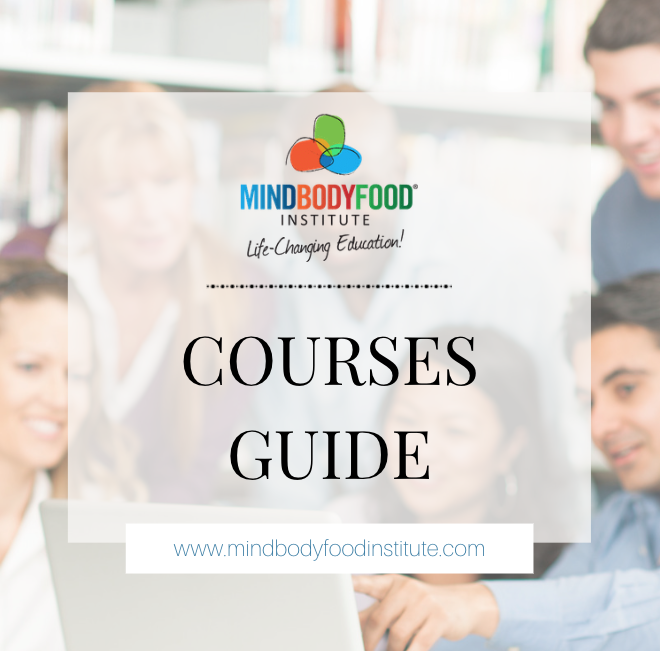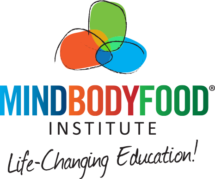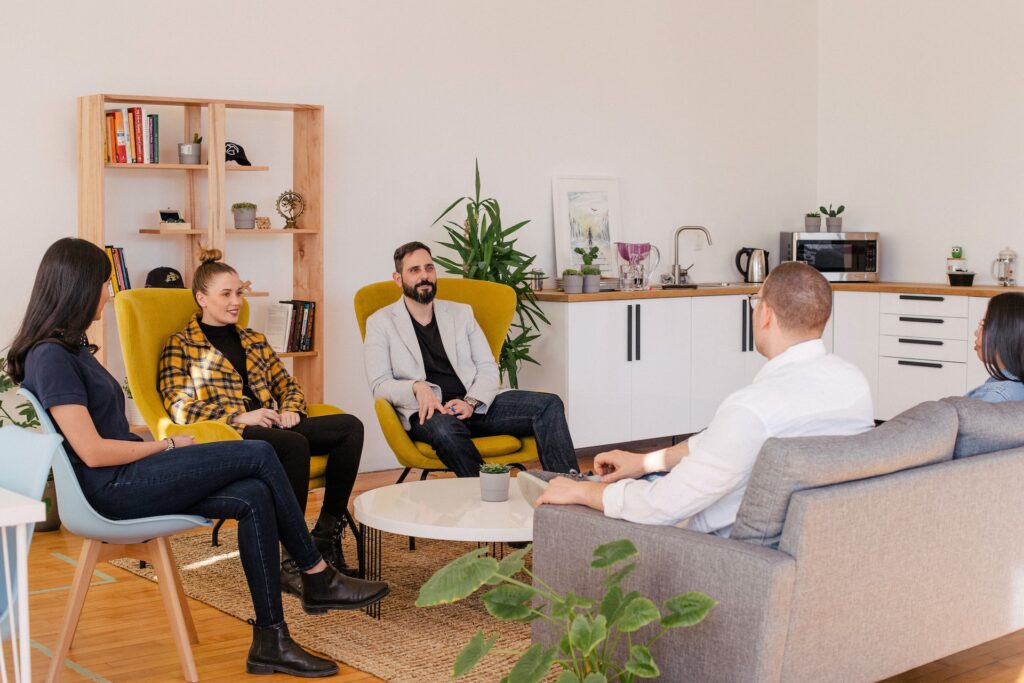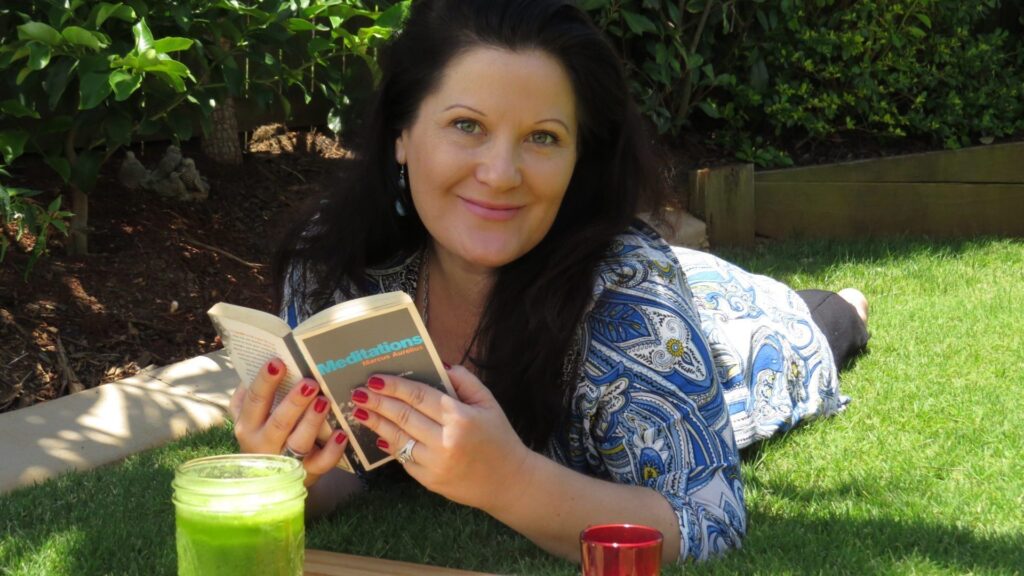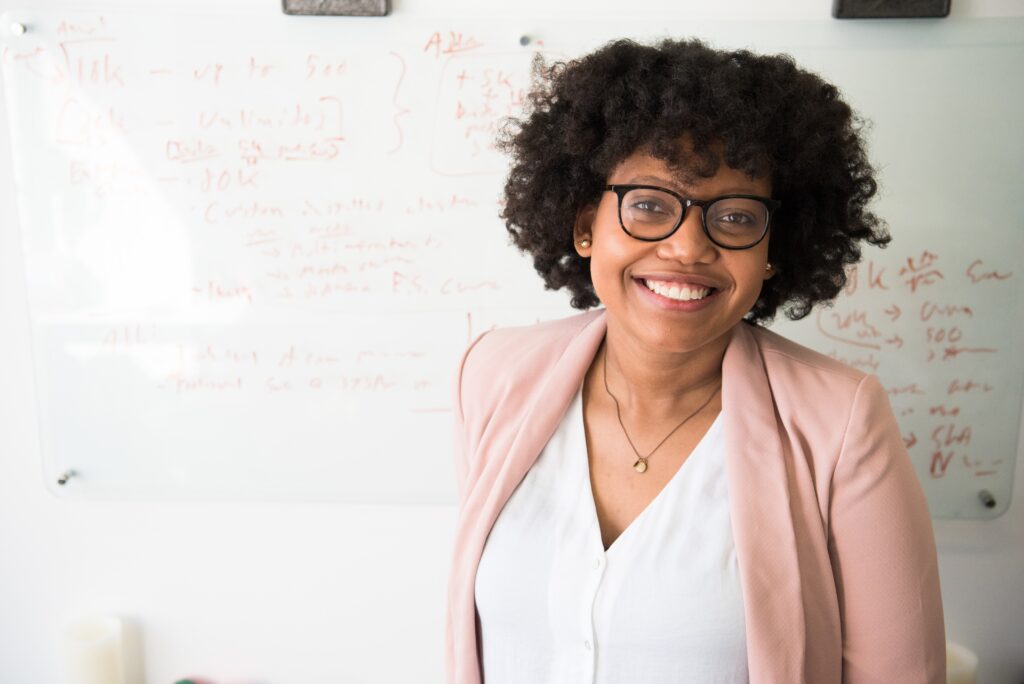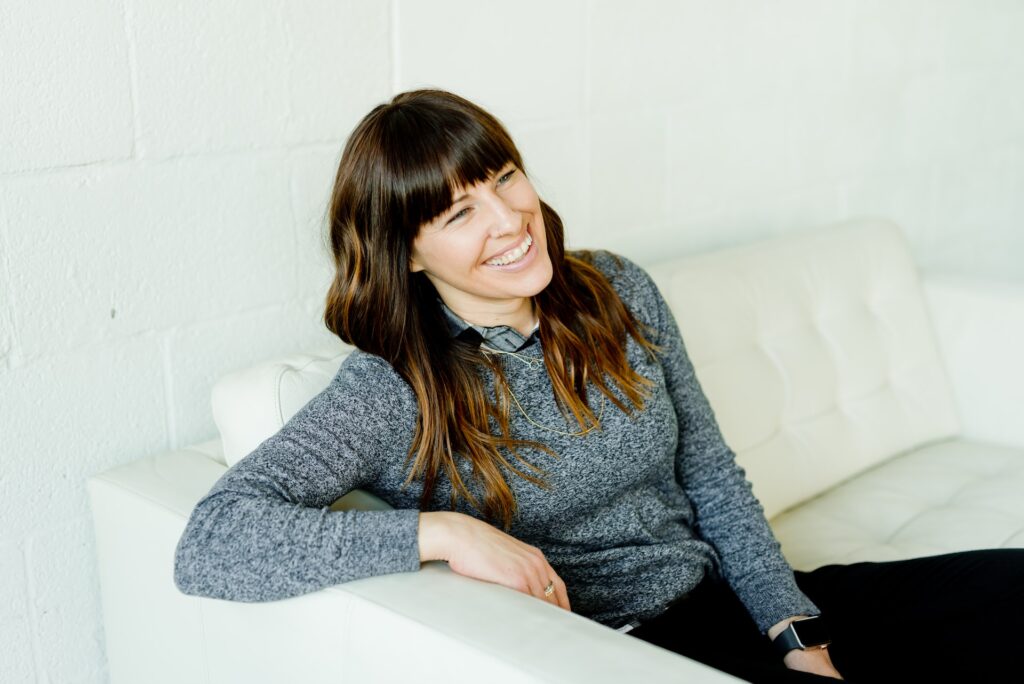There’s something powerful about bringing people together in a group or workshop setting and helping them feel connected, validated and heard through shared experiences.
Facilitating group work not only allows you to serve many people at once, but you also have the privilege of facilitating deep connection and growth for a group of like-minded people wanting change, guidance and support.
It’s a deeply rewarding experience.
People are attracted to group programs and workshops because they:
- provide accountability by meeting each week and sharing their progress,
- require a smaller investment rather than a large amount for private coaching,
- come with the support of other people looking to tackle similar issues,
- remind them that they’re not alone in how they feel and there IS help.
Group work is a wonderful opportunity to facilitate inner growth and encourage people to action change. It’s also a space where you can allow yourself to be a part of the change process as your participants take action and move forward in their lives.
With groups, we’re all in it together, and that’s what people are looking for – to feel connected, witnessed and heard. Sometimes people are more comfortable sharing with supportive strangers over unsupportive family members.

The Benefits of Facilitating Group Work:
Group work is a reliable income stream to help you reach a wider audience, gain confidence in your skillset and delivery, and do what you love best – helping people!
Offering group programs and workshops is a fantastic way to grow your wellbeing business, share your message and help others in a supportive space. It’s also an opportunity to share your information and help facilitate personal growth and change in versatile ways.
Here are 3 fantastic reasons (and benefits) to add group offerings to your wellbeing business!
1. Increase your income and leverage your time
It will not serve you to be seeing 20 clients per week unless you would like to suffer burn out and overwhelm very quickly; the effort to attract those clients and the time and effort needed to manage the administration of managing so many clients at once, would equal a tremendous amount of energy spent working ‘in’ your business. You must be clear if that’s what you want or not.
Benefits:
- Share your coaching niche – or micro niche – with a small group of people in one structured, yet flexible, program
- Guarantee your income for a set coaching period
- Attract your ideal clients who can’t afford private coaching
- Host your group in person at a weekly or monthly venue, OR
- Host your group program online with little setup and running costs
2. Build your coaching confidence and skills
Group coaching is a nice way to warm up and gain confidence when you’re a beginning coach. It’s a less daunting challenge to facilitate a group of people wanting guidance and support on a particular topic you happen to love talking about, than to face your first few paying clients one on one and feel the pressure to ‘get it right’.
Benefits:- Facilitate change in a supportive environment with people who are looking for guidance and group support
- Use your adaptive coaching skills to ease into coaching groups with less pressure
- Start with topics you know well and love to talk about
- Observe how clients relate to your topics and what they respond best to or love the most about your content
- Use exercises, techniques and ideas to find out what works and what doesn’t so you can improve each time
3. Grow your business, reputation and make new connections
When you’re starting out as a coach, group coaching is the perfect way to connect with new people that may become your potential clients and loyal followers and referrers. Each session simply covers one topic with lots of coaching questions, insightful exercises and often a handout or take-home worksheet to action until the next session, where you then come together to share, collaborate and learn more.
Benefits:- Target your ideal customer in your local area by researching where they hang out
- As you put the word out to your ideal clients, the right people will take notice and discover your coaching services
- The more you are seen coaching, the more your potential clients begin to know, like and trust you
- Opportunities to attend community events and network your coaching services increase

Skills required:
Group coaching sessions require the same skills and key coaching concepts as you’d use in your 1:1 sessions. You’ll need to utilise the following skills:
- building rapport to put your clients at ease,
- insightful and powerful questioning to provoke self-insight and self-awareness,
- observational skills,
- paraphrasing, framing and feedback,
- matching and mirroring, and
- introspective exercises to empower supportive and updated thinking and behaviour.
Group coaching programs should focus on a specific issue that is broken down into easy-to-understand steps that can be implemented each session to move from pain and challenge, to satisfaction and solution.
Group Dynamics:
Hosting a group is quite different to offering individual sessions. For one, you’ll have many personalities to skillfully maneuver!
So you’ll need to set some ground rules from the get-go that includes participants input so that everyone is heard and respected. Get your participants to create these with you in the first session so everyone agrees on the expectations and to adhere to them.
Next, depending on whether your ideal client age is older or younger, you’ll have to also keep in mind the different approaches needed for different age groups. For example, a middle aged women’s group will have different temperaments and communication skills than a group of teenagers! Know your ideal audience and market to them. But also know how to relate to them. This includes dealing with the centre of attention seekers, the quiet ones that are afraid to speak, and the potential disagreements of differing opinions.
Be mindful that we each have different learning styles (auditory, visual and kinaesthetic) so it’s important to create materials and handouts that will relate to all participants in the way they learn information best.
Additionally, based on Kolb’s experiential learning cycle, Honey & Mumford identified four key ways in which people learn. Here’s a very quick snapshot:
- Activist – learns by actually doing (prefers doing and experiencing)
- Reflector – learns by digesting the information and reflecting on it (they sit back and observe and reflect)
- Pragmatist – learns by planning next steps, having a go, trying things to see if they work
- Theorist – learns by understanding the theory, the background info, logic and reasoning
Keep this in mind when creating your material to ensure it speaks to learning styles and group dynamics within your group delivery.
Get Started!
Group work is a fantastic way to leverage your time and scale your personal wellbeing practice. If you haven’t considered branching out and sharing your message with a wider audience, then perhaps it’s time to start!
If you have a dream but don’t yet possess the skills or training to get started working with clients or groups, then take a look at our flagship Holistic Life Coach & Mind-Body Practitioner dual certification program and light the way forward for a life and business you love!
Our innovative award-winning course combines holistic coaching, neuroscience, positive psychology and mind-body tools into one unique professional certification program that will change your life and those you go on to help!
Featured image by Jason Goodman on Unsplash.
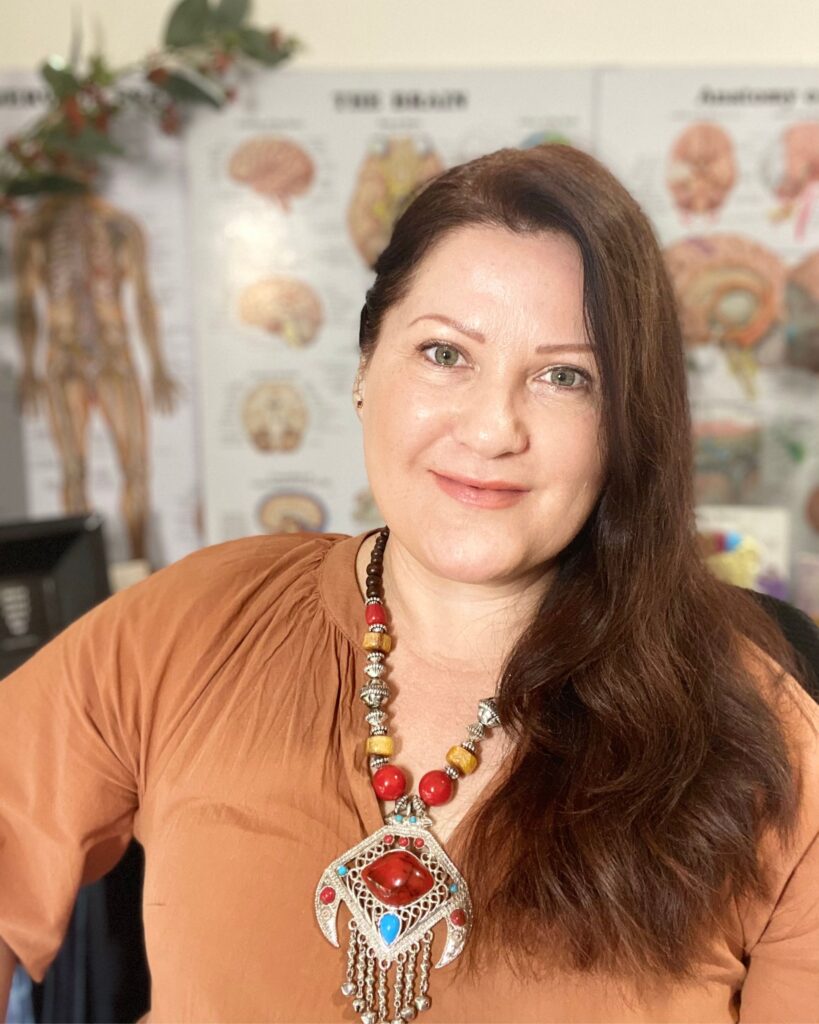
Author:
Viki Thondley
Viki Thondley-Moore is an Integrative Holistic Counsellor, Brain-Based Coach, Clinical Hypnotherapist, Mind-Body Somatic Practitioner, Wellness Coach, Meditation Teacher, Educator and Disordered Eating Specialist. Viki is founder of MindBodyFood and Founder/Director of the MindBodyFood Institute.
Author:
Viki Thondley
Viki Thondley-Moore is an Integrative Holistic Counsellor, Brain-Based Coach, Clinical Hypnotherapist, Mind-Body Somatic Practitioner, Wellness Coach, Meditation Teacher, Educator and Disordered Eating Specialist. Viki is founder of MindBodyFood and Founder/Director of the MindBodyFood Institute.
DOWNLOAD OUR COURSES GUIDE
Learn More About Our Course Offerings and Discover Which New Wellbeing Career Best Suits Your Passion!
